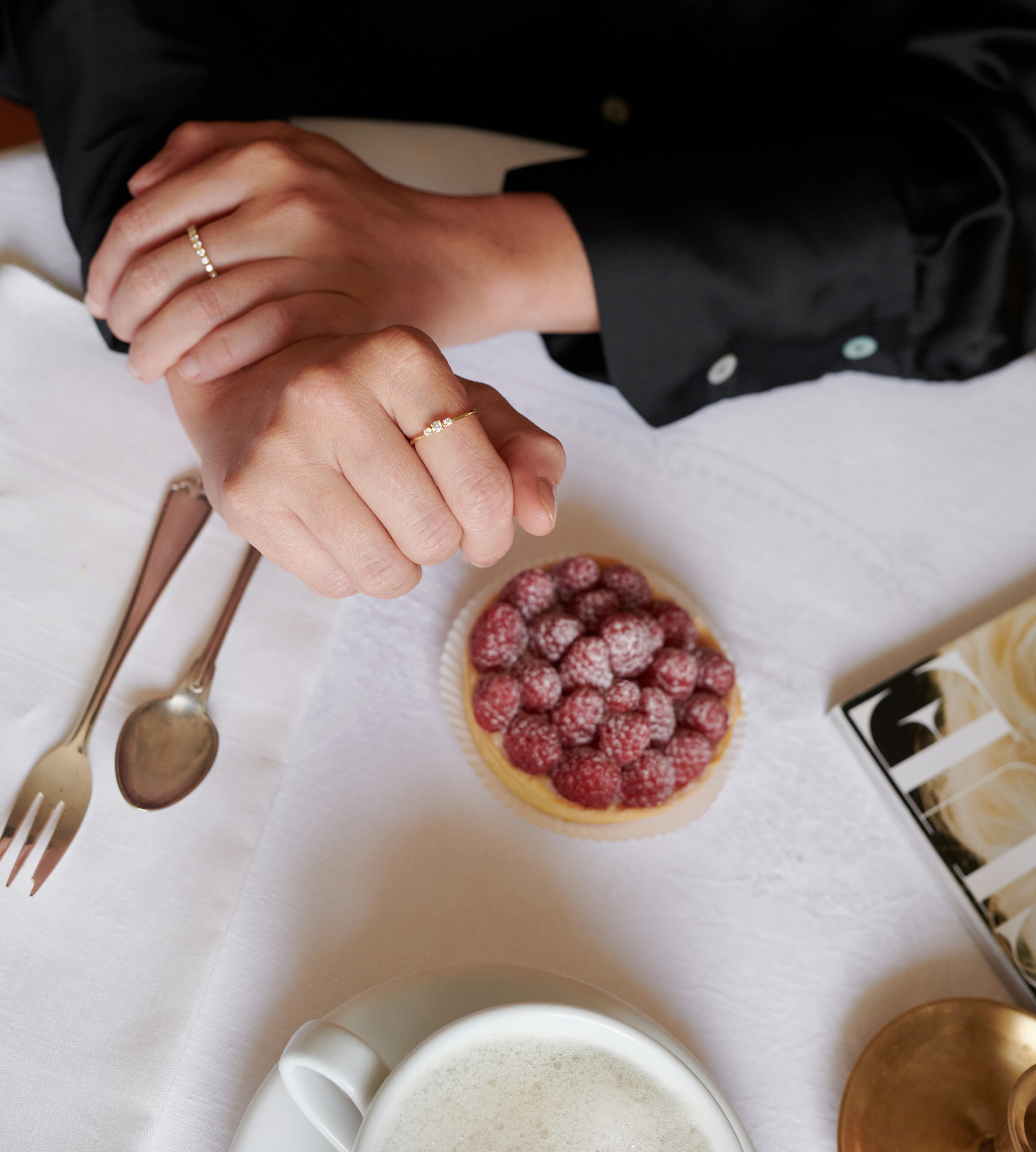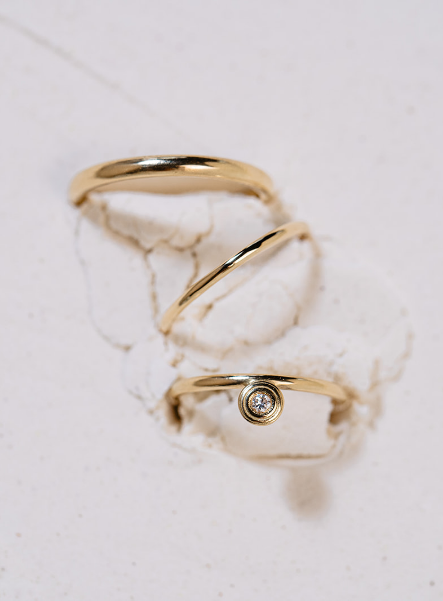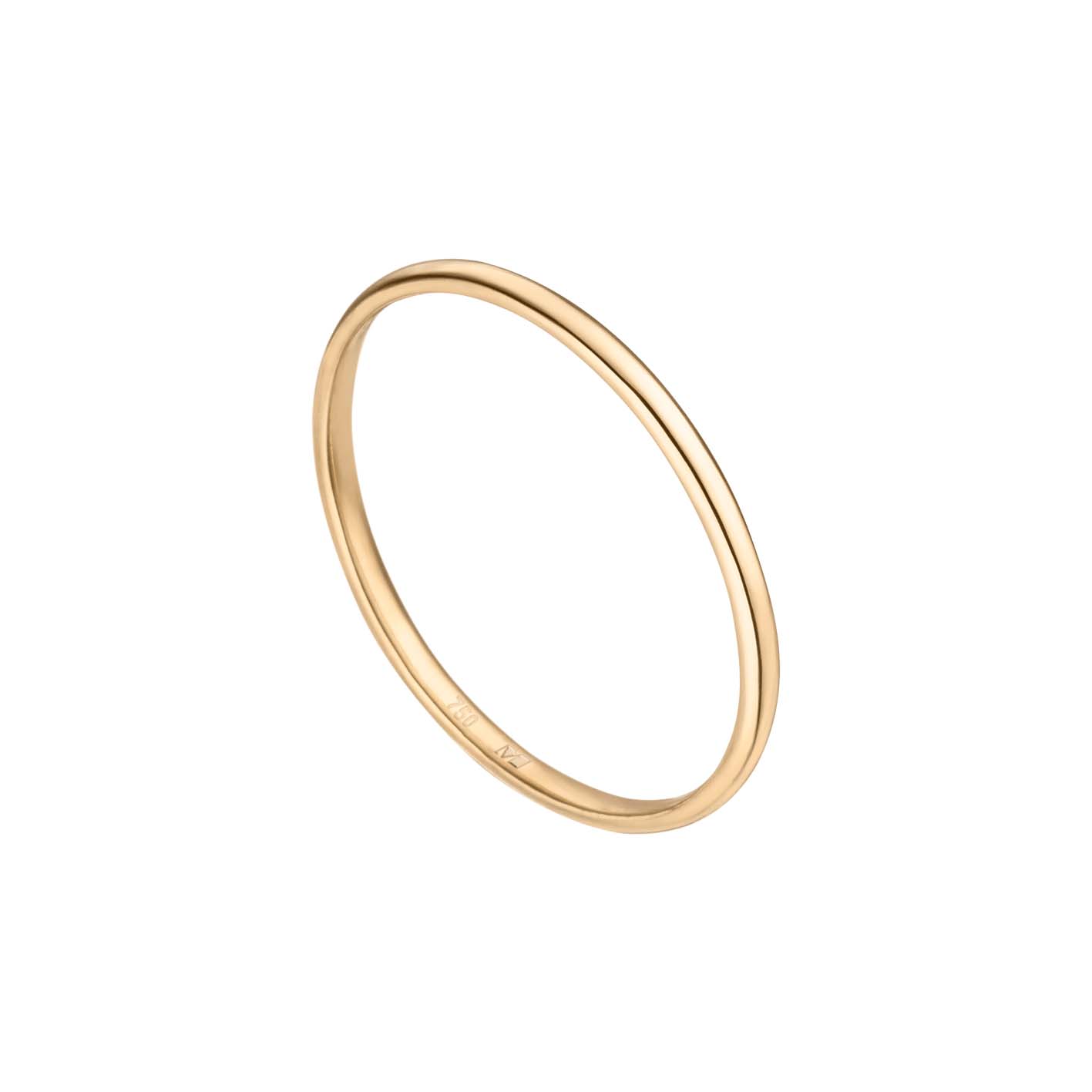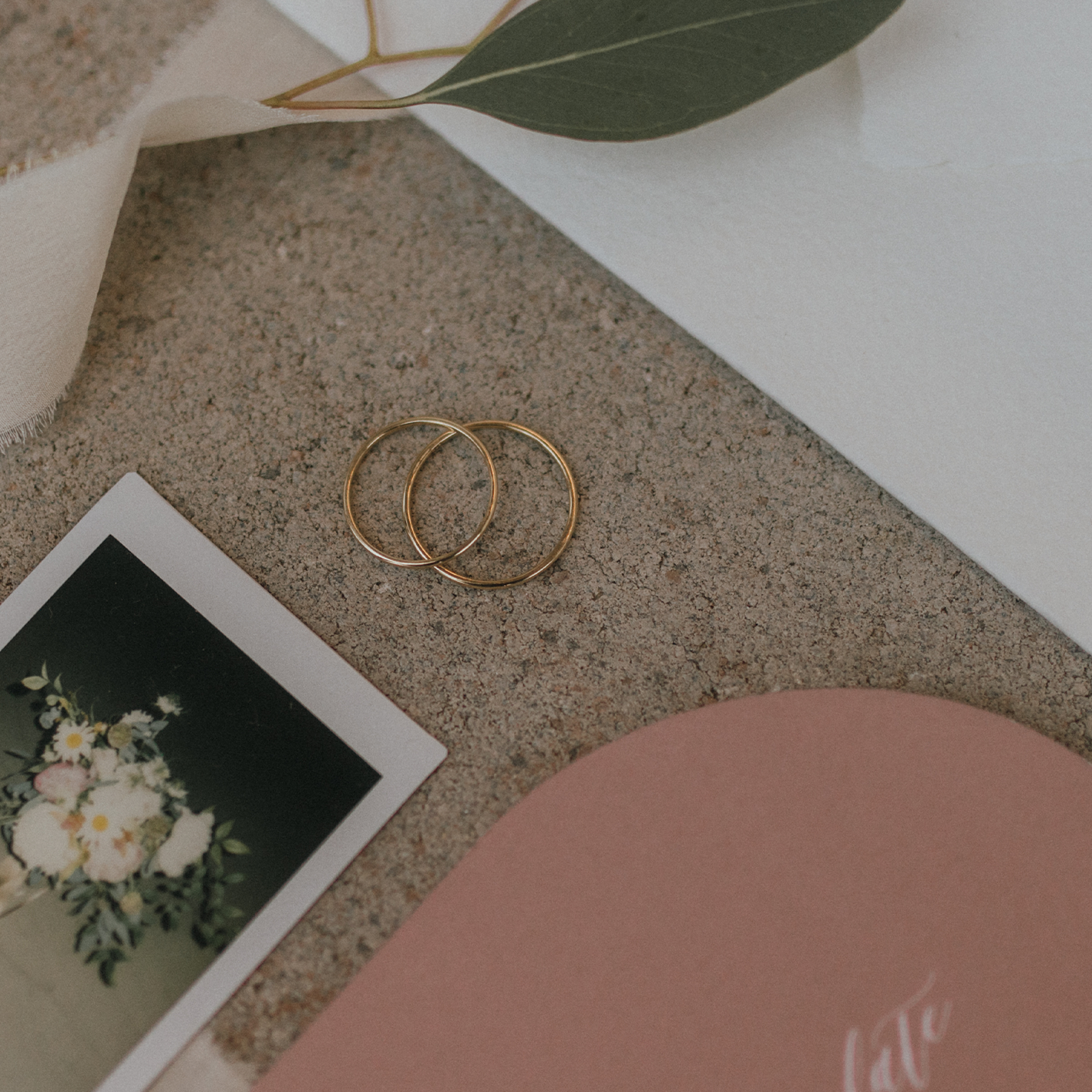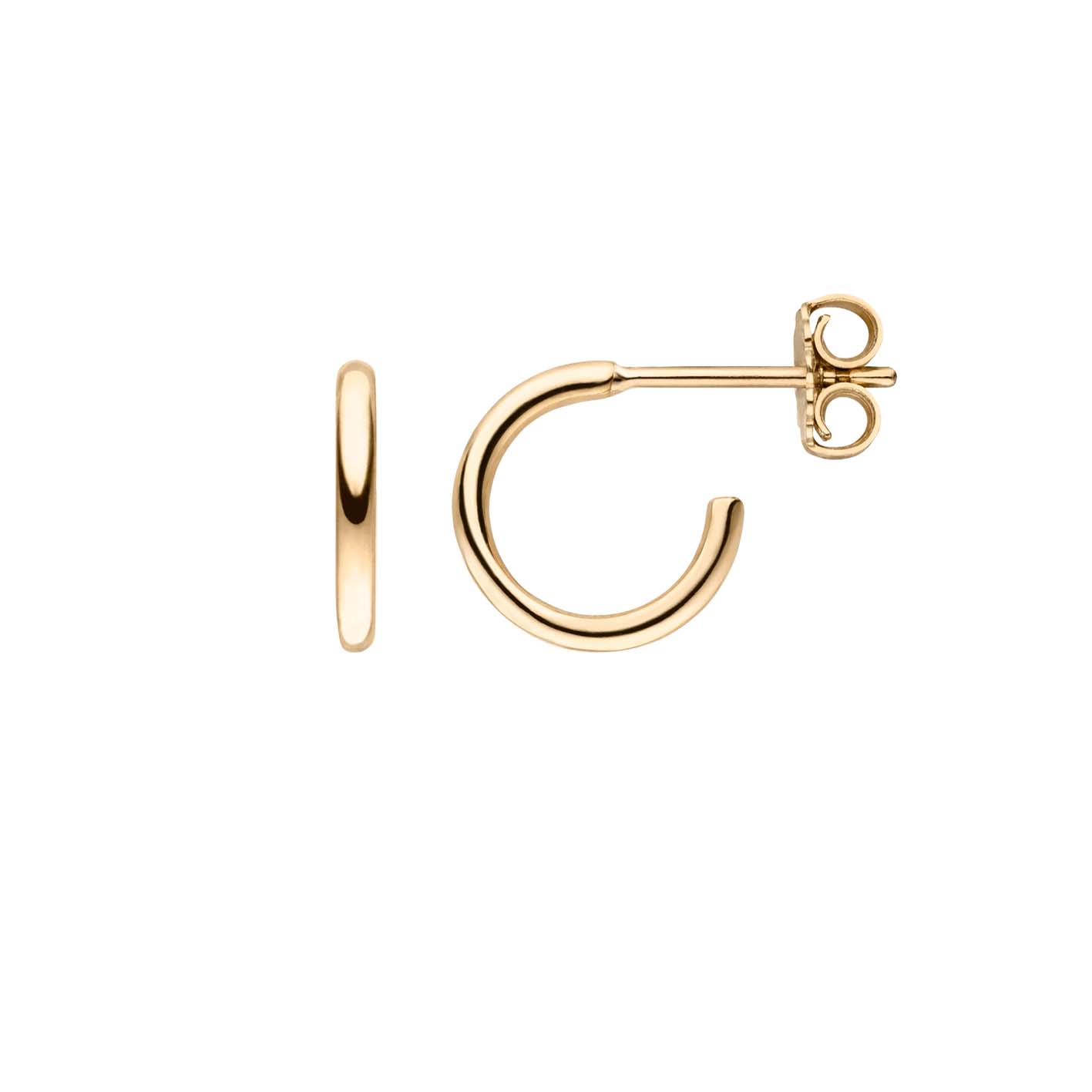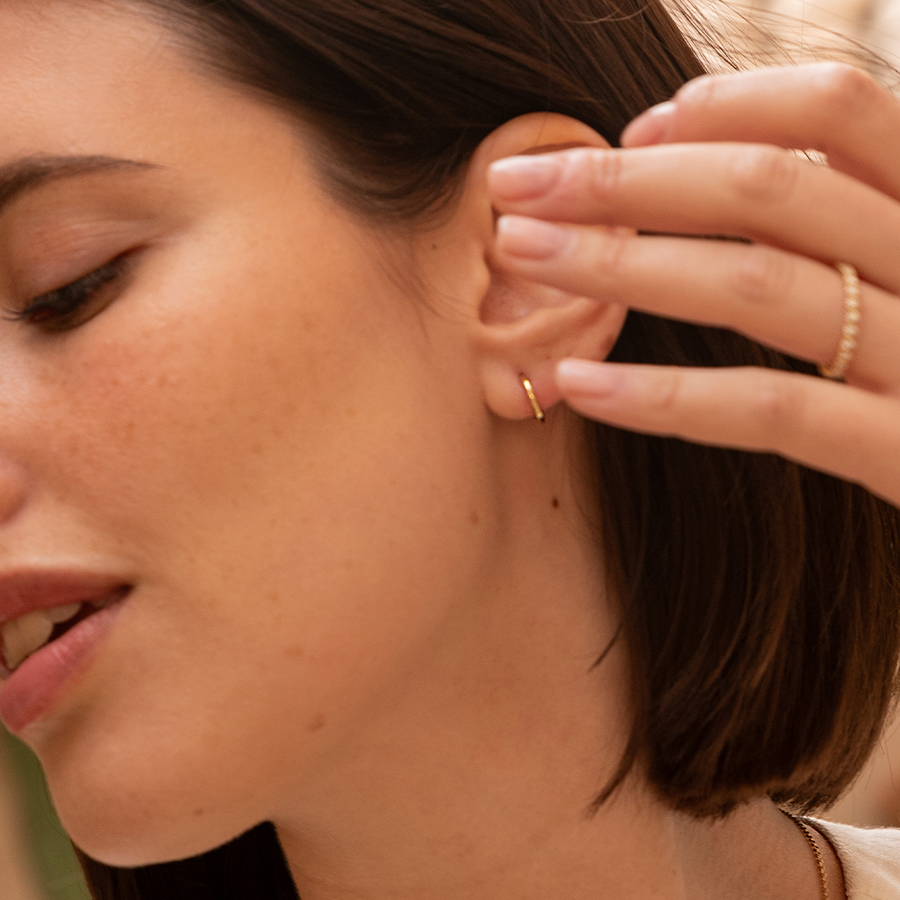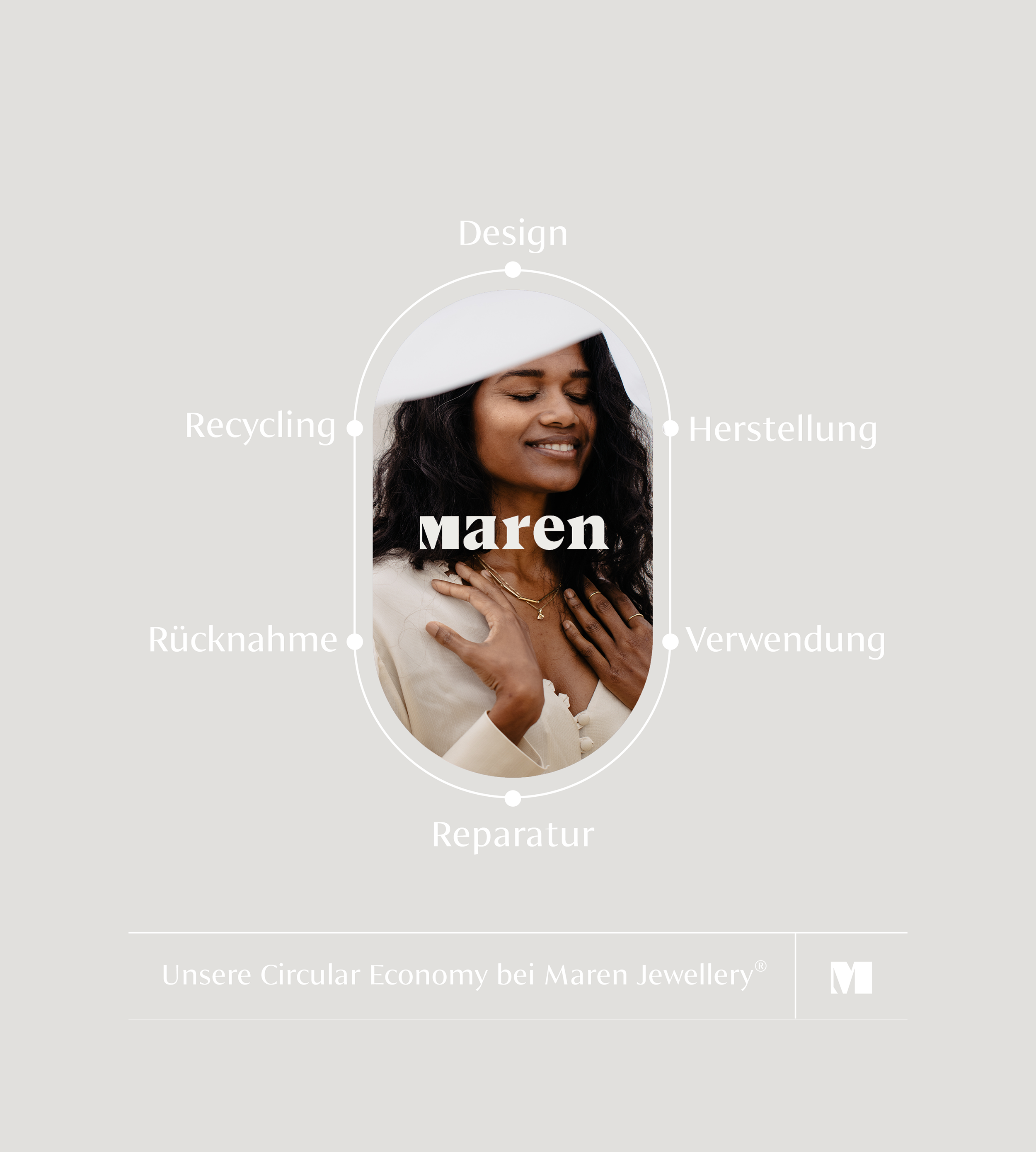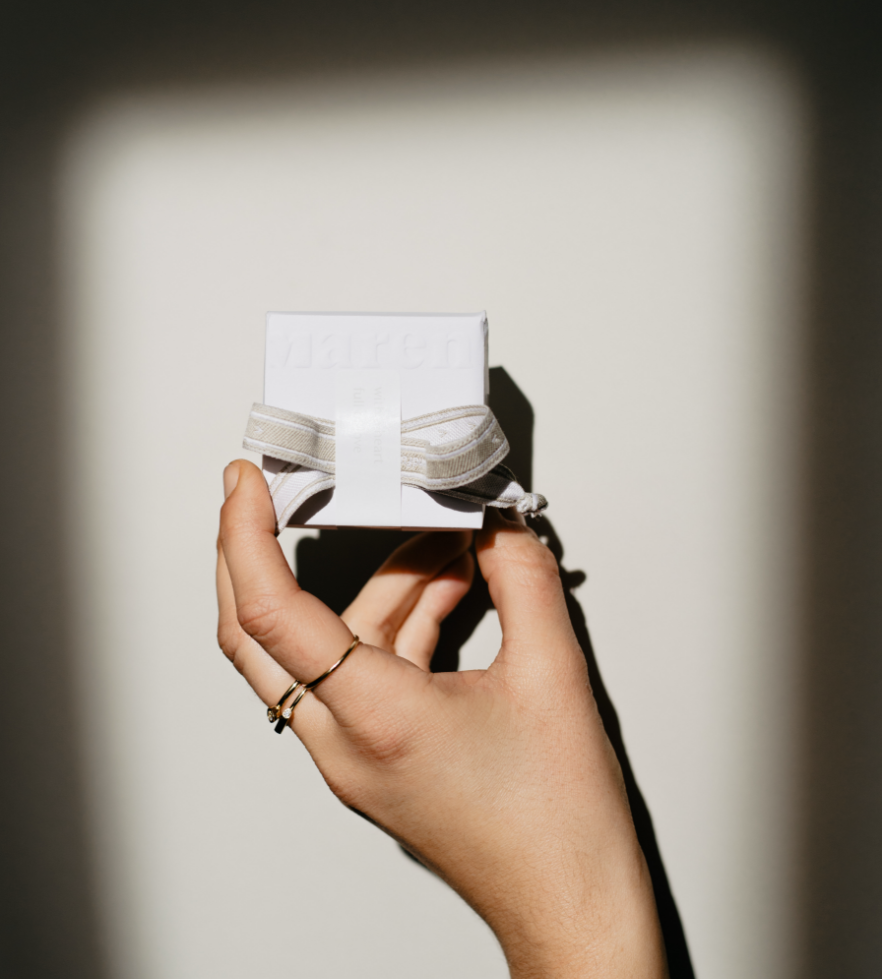The common life cycle of a product in our linear economy is: made, used and discarded. And unfortunately this has not only been the case since yesterday, but has been the case for around 1.5 centuries. The raw materials needed to manufacture these products are not reused but end up in landfill. Not only does this mean endless waste and the consequences for our climate are devastating, the raw materials used are also limited. According to forecasts, we would need three earths in 2050 to meet our raw material requirements. At least if nothing changes. And this is where the circular economy comes in. The circular economy is an economic model in which existing products and materials are constantly being fed back into the cycle. This is done by reusing, sharing, repairing and recycling what already exists for as long as possible. In this way, product life cycles are extended many times over, resources and our climate are protected and the world's mountains of rubbish have the chance to shrink.n.
Ever since Maren Jewelery was founded, we have seen ourselves as a mindful, responsible and sustainable company. Consequently, the only option for us was to run our company according to the principles ofcircular economy build up. We firmly believe that it is possible to trigger systematic change if only enough companies join us on this journey. For this reason, we are big fans of all other labels that also follow a circular approach and thus enable and strengthen the circular economy. Whether within the jewelry industry or beyond.
